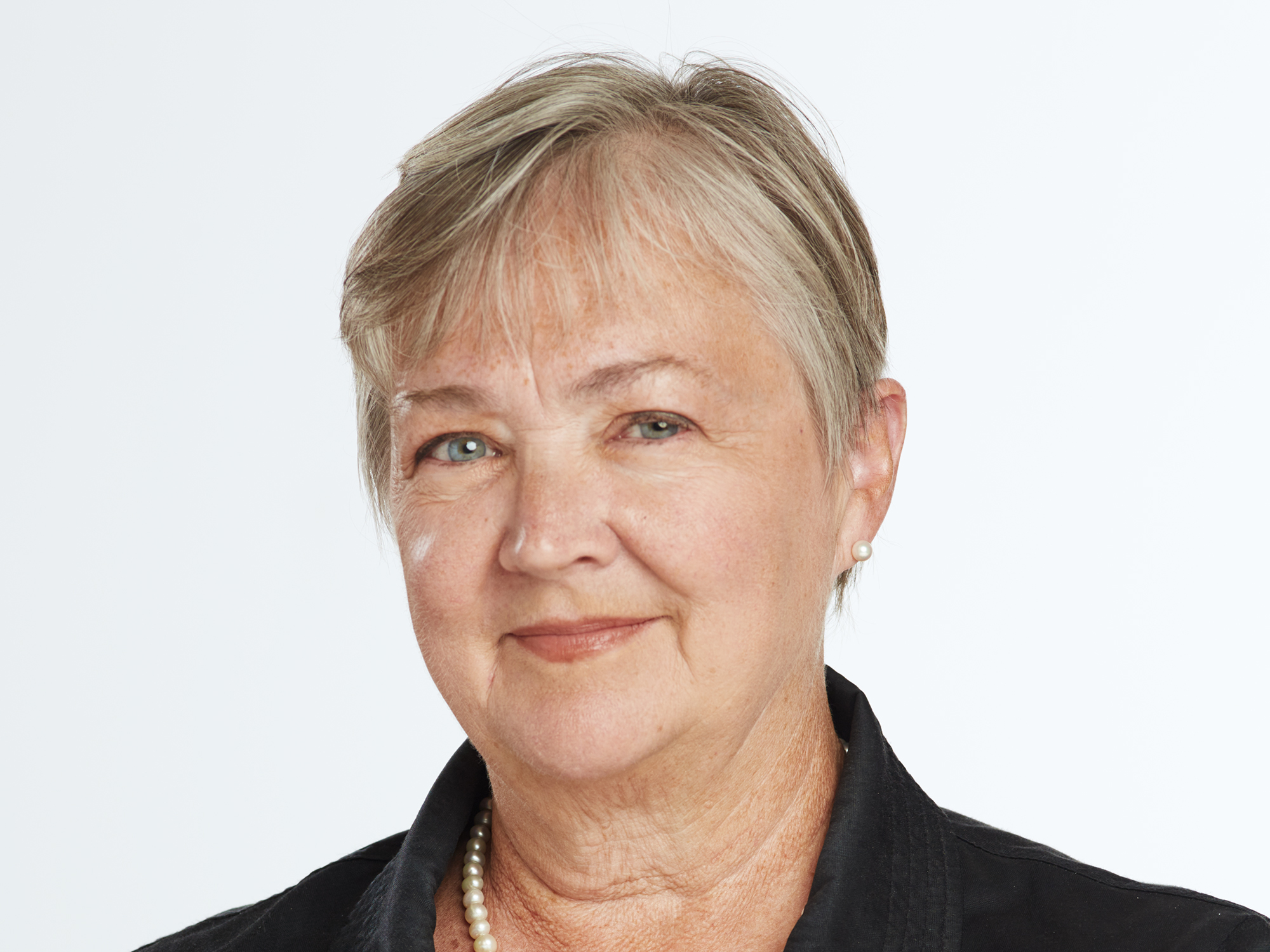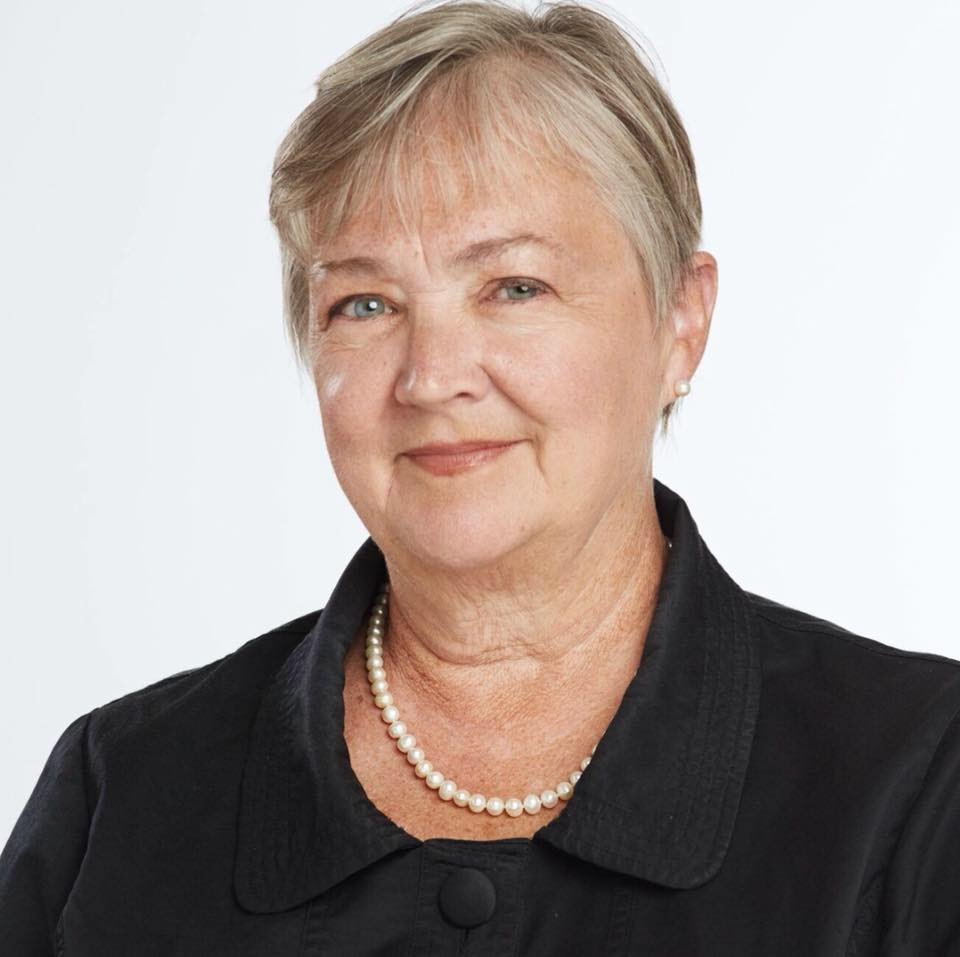The Journey of Becoming
This issue of Mandala gives more than a glimpse of the Center’s evolution over time – our own journey of becoming.
March 10, 2023
Mary Jo Kreitzer

A new staff member recently asked me about the name of our news magazine. I explained that “mandala” is the Sanskrit word for “circle” and that mandalas appear in architecture, art, archeology, science, and within various spiritual and cultural traditions. As a universal symbol of healing, the circles or patterns within a mandala represent the many diverse aspects of our work: reflection, transformation, spirituality, creation, and the ongoing journey that continues to shape who and what we are to become.
This issue of Mandala gives more than a glimpse of the Center’s evolution over time – our own journey of becoming. The story “Flipping the Script” by Kevin Coss takes you deep into the work of our highly successful Integrative Health &Wellbeing Research Program’s community engagement work that is core to their mission and values. The moment of being challenged by the way they engaged communities in their work became a turning point for earlier, deeper, and more authentic partnerships that have significantly impacted how the team conducts research.
In “Closing the Mental Health Care Access Gap,” Heidi Wachter highlights the impact of stress, anxiety, and depression on community health and wellbeing and describes strategies that the Center is employing to make our programming accessible to all. Free and pay-what-you-can pricing removes barriers to participation. I am particularly thrilled to see that our community programs have enrolled participants from 76 of 87 counties in Minnesota!
I encourage you to take a close look at the article on student success by Asa Olson and Kely MacPhail, two team members from our Learning Resources Group. The Wellbeing Enhances Learning (WEL) Model that they present provides guidance on how to create environments that promote learning, creativity, and wellbeing. The Model incorporates anti-racist pedagogy and universal design principles that provide a blueprint that is applicable far beyond the classroom.
Dr. Miriam Cameron, the founder of the Tibetan Healing Initiative will retire at the end of the year. Suzy Frisch describes her brilliant career and the deep roots of Tibetan medicine and healing that Mim has established through her teaching, research, and scholarship. Mim and her husband, Mike Ormond, recently made a gift of $1,000,000 to fund a professorship with hopes to raise additional funds to expand the impact of Tibetan healing in our community. Visionary, persistent, and audacious are words often used to describe Dr. Lou Sportelli, the recipient of the Center’s “Spirit of the Center” award. In a story about Lou, Katie Dohman captures his futuristic thinking and why he believes that supporting the Bakken Center for Spirituality & Healing is a solid investment.
A theme that runs through this issue is the Center’s focus on community wellbeing. Community wellbeing is shaped and influenced by many factors including social, economic, environmental, and cultural conditions that enable individuals and communities to flourish and fulfill their potential. Over the next couple of years, watch for stories about work we are embarking upon that will focus more on community wellbeing and the role of the arts in connecting, healing, and transforming communities.
Mary Jo Kreitzer, PhD, RN, FAAN
Founder and Director
Earl E. Bakken Center for Spirituality & Healing


